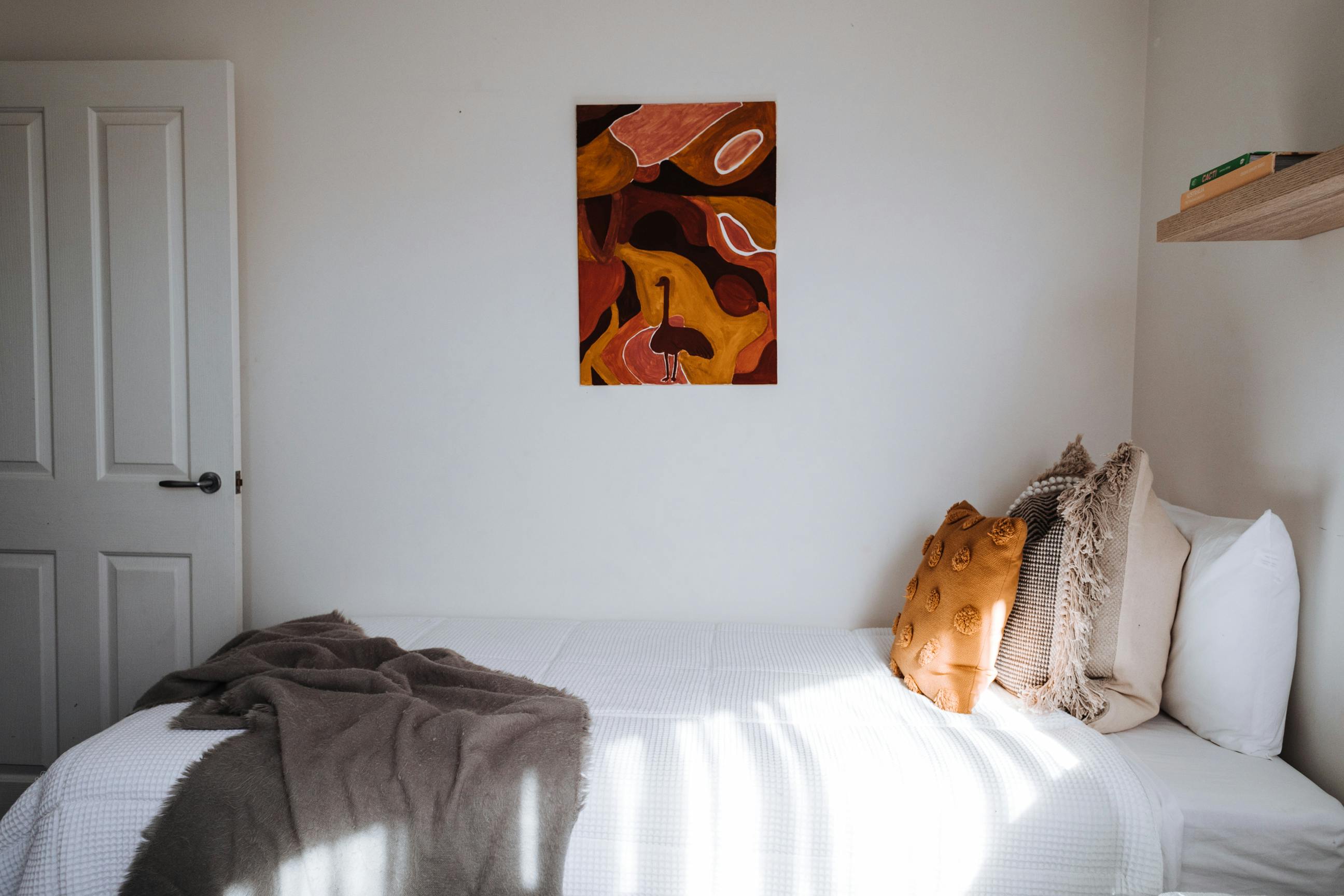
Introduction
In a fast-paced world where high productivity and efficiency are valued, sleep often gets compromised. The fact is, we all need to recharge, regroup, and refresh our minds and bodies, and sleep plays an essential role in this process. The quality of sleep you get impacts your cognitive abilities, mood, and overall health. Your bedroom's environment greatly affects the quality of sleep you get, which is why it's imperative to have an optimal sleeping environment. This article, "Maximize Your Sleep Cycle: Effective Bedroom Alteration Tips for Optimal Rest," provides productive tips to enhance your sleeping setting into one that promotes restful sleep.
Understanding the Importance of the Bedroom Environment
The bedroom environment has been identified as a significant factor influencing an individual's sleep quality. It serves as a sanctuary that should elicit relaxation, serenity, and tranquility, hence motivating sleep. Factors like lighting, noise, and temperature control play a massive role in promoting or hindering sleep. Thus, understanding these aspects, and learning how to control and use them, could substantially transform your sleep experience.
Creating the Optimal Sleeping Environment
Creating the ultimate sleep-friendly environment might seem like a daunting task, but with a few alterations, you can turn your regular bedroom into a sleep haven. Here are a few effective tips:
1. Lighting: Proper lighting is critical. Nighttime light exposure deceives your body into thinking it's still daytime, reducing hormones like melatonin that help you relax and get deep sleep. Consider using blackout curtains, shades, or a sleep mask to block outside light. Additionally, avoid using electronic devices before bed.
2. Noise: Noise disrupts the sleep cycle, causing you to wake up frequently or shift between stages of sleep. Consider using earplugs, a fan, or a device that generates white noise to nullify exterior sounds.
3. Temperature: Your body temperature decreases to initiate sleep. Hence, a cooler room can help induce sleep faster. It's recommended your bedroom temperature be between 60 and 67 degrees Fahrenheit.
Key Bedroom Features that Promote Better Sleep
Apart from the environmental factors, specific bedroom features can contribute a lot towards enhancing sleep quality.
1. The Right Bed and Mattress: Your bed and mattress significantly influence your sleep quality. Choose a high-quality mattress that provides proper back support and comfort. The size of your bed should be adequate to allow free movement during sleep.
2. Investment in Pillows: Invest in pillows that support your head and neck properly. They should keep your neck aligned with the rest of your body. Contrary to popular belief, having extra pillows won't necessarily make you comfortable and may even cause discomfort.
3. Appropriate Bedding: The quality of your bedding plays an essential role in ensuring optimal rest. Opt for breathable materials such as cotton to ensure a cooler night's sleep.
Conclusion
Mastering the art of creating an ideal sleeping environment isn't rocket science, but it requires the understanding that good sleep is a necessity, not a luxury. By investing a small amount of time and effort, you can transform your ordinary bedroom into a sleep-friendly space that not only induces better sleep but also helps maintain overall wellness. Keep in mind the above bedroom alteration tips as you aim to create your perfect slumber retreat.
Remember, sleep isn't negotiable, and its quality shouldn't be compromised. Let your bedroom become the restful sanctuary it was meant to be, helping you optimize your sleep cycle and enhance your life's quality. Here's to sweet dreams and rejuvenating sleep!